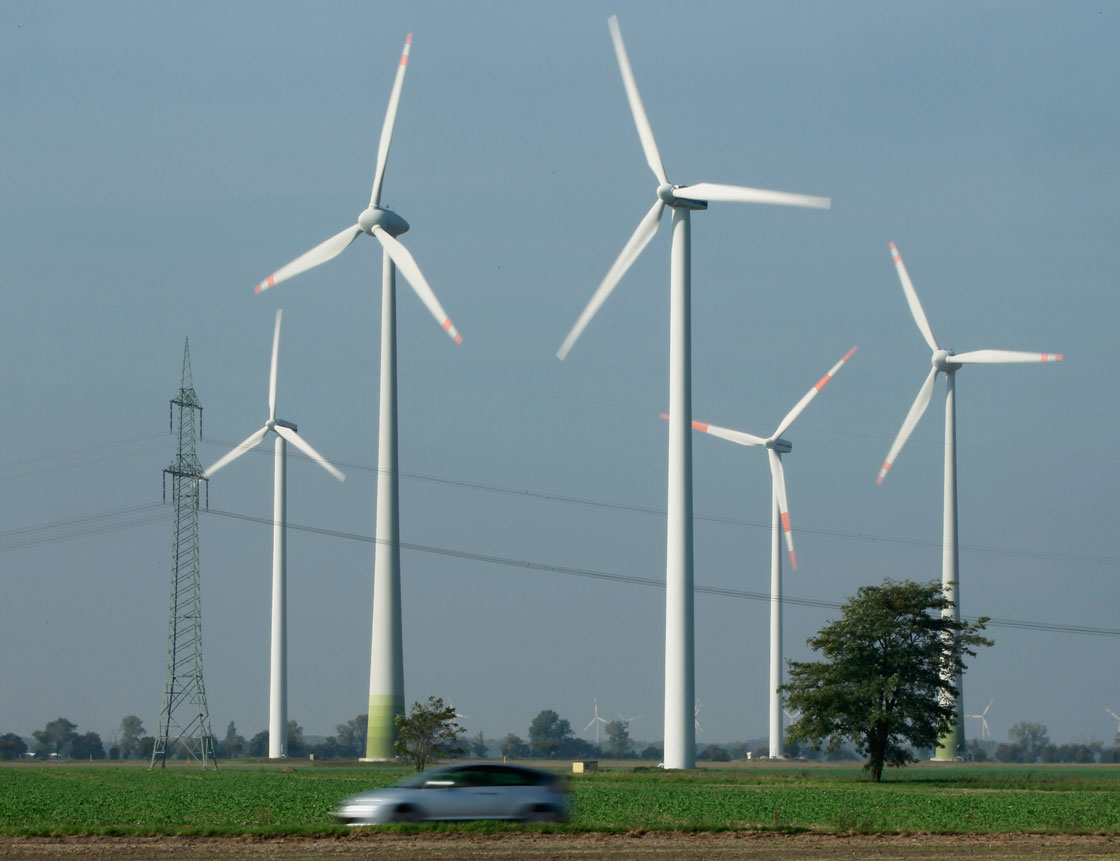TORONTO – Ontario will start paying wind power generators today not to produce electricity, but the government says the move will actually save ratepayers big bucks.

Ontario has had a surplus of power since 2006, but until now, the province paid for all the electricity generated from industrial wind mills, even when it wasn’t needed.
Energy Minister Bob Chiarelli says the system operator can now order wind producers not to generate power, and will pay them — just as it pays Bruce nuclear — not to produce electricity when it’s not needed.

Get weekly money news
He says they are paid at a reduced rate that will save the province $200 million a year just on the wind turbines.
Ontario has signed generous contracts with wind producers for about 5,800 megawatts of electricity, only about 1,500 of which is currently connected to the grid.
The Progressive Conservatives say paying wind power producers with 20-year contracts not to generate electricity shows the Liberals’ green energy act “is a failed social experiment.”
Critics point out wind power is unreliable and can’t be counted on in peak demand periods like gas-fired generation or nuclear plants.
Meanwhile, Chiarelli says Ontario is making a net profit of up to $6 billion a year on importing and exporting electricity, a big turnaround from 2003 when the province paid $500 million to import power because it didn’t have enough to meet demand.
It’s not unusual for neighbouring jurisdictions to sell each other electricity, but the province used to frequently have to pay Quebec or New York state to take the excess power off its hands.







Comments